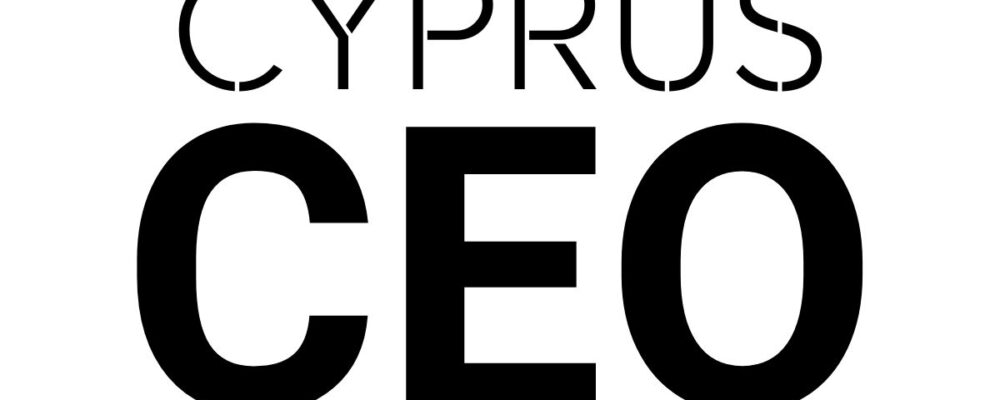It is common for all those who deal with the Economy of each country to constantly mention and emphasize that small business are the backbone of the Economy.
I have no doubt that small businesses are necessary but I have some doubts about their ability to offer more to the economy depending on their size and number. And I will mention some examples where small businesses ‘harm’ the Economy of a Country.
Small businesses and salaries
Most of the time small businesses are also family-run and when they get to the point of having to hire someone outside the family it is almost a given that this person will not be paid well or probably not as well as the rest of the staff in the family. Even for specialty positions that a small business will need to fill, such as an accountant, it is also a given that he will not be offered a salary as much as he would be offered for a similar position in a larger business. This creates and cultivates an aversion to the workforce to ‘invest’ in a career in a small business as they know in advance that they will either get less or will never be able to rise, or both. In contrast, a bigger business is a safer destination for someone who wants to pursue a career, so small businesses ‘stay’ forced to hire those who are rejected by big business. This creates a gap between large and small enterprises and in practice gives a lead to big companies and better wages in the workforce, so at this point, small businesses are hurting the economy.
Small businesses and products
The primary purpose of any small business is survival as opposed to larger companies where the primary purpose is long-term survival. This may sound trivial but it does affect the ability, process and evaluation of any business to innovate, offer new products and services, research, and even accept that a product or service does not offer and therefore should be rejected and abandoned.
Small businesses are overly attached to what they offer and are hesitant or often afraid of change as opposed to larger companies where products/services are valued based on their contribution, profitability and perspective. This puts a huge brake on the development of small businesses but also gives a huge boost to the larger ones as they manage to change faster despite the fact that normally the opposite should be true, i.e. a small business can change more easily due to size, flexibility and people making decisions. At this point, small businesses, although they should outperform large businesses, end up at a disadvantage, offering inferior products and services to customers and the economy in general. So here, too, small businesses are hurting the economy.
Small business and competition
It is almost impossible to persuade the management of a small business to talk, let alone work with a competitor or even partner with another company. The small business class is dominated by secrecy, the chase syndrome and ‘self-exclusion’ from anything that may reveal data to anyone other than the shareholder owner/manager himself, even to members of his own family. So, he prefers to fight alone against everyone else instead of trying to find ways to achieve partnerships, economies of scale, to help the industry they operate in, to move forward. In contrast to the above, large companies are better networked with each other, are more open to collaborations (more in times of crisis), form links and groups. In the field of competition, small businesses are almost doomed to an eternal struggle to ‘blind’ their competitors, to protect only their own, to malign the one next to them and even more so their big competitor. In contrast, large companies have their minds on how they can achieve partnerships where both parties (business and competitor or partner) win.
Small business and taxation
It is almost impossible to buy something from a large company and not be issued an invoice or receipt, unlike of course a small company where non-issuance of invoices and receipts is, whenever possible, the rule. The difference here between small and large businesses lies in the legislation and the availability of some tools, and I explain. Small businesses are forced to resort to tax evasion with the illusion that this way they will survive while large companies have the staff (individuals), and the open mind to resort, with the blessings of the law, to tax avoidance. Tax evasion is of course illegal as opposed to tax avoidance where armies of lawyers, accountants and directors can enforce various laws and regulations for the benefit of big business. Thus, small businesses deprive resources to the State that could help the Economy in general. So here, too, small businesses are worse than large ones in terms of their contribution to the economy.
I’m sure that those who work in small businesses have already started to foam and those who work in large companies are smiling. But all of the above applies only because small businesses allow it. All the big companies were once small, with a huge difference: at some point in their lives, either from the beginning or later, they decided to get bigger, started thinking, hiring better people, offering and investing in better products. and services, studied or worked with their competitors, failed and learned, and slowly, went ahead.
I’m sure many small businesses have closed and will close because they cannot adapt. Well, I have news for you, big companies are closing also, and huge businesses are closing too. Large companies close when they start thinking and acting like small businesses again, and small businesses grow and develop when they start thinking and acting like big companies.
How would you define your company? A small business that wants to grow or one that wants to stay small? And if you are a big business, do you behave properly, like a big business, or do you think like a small, ‘’complex-full’’ business?




